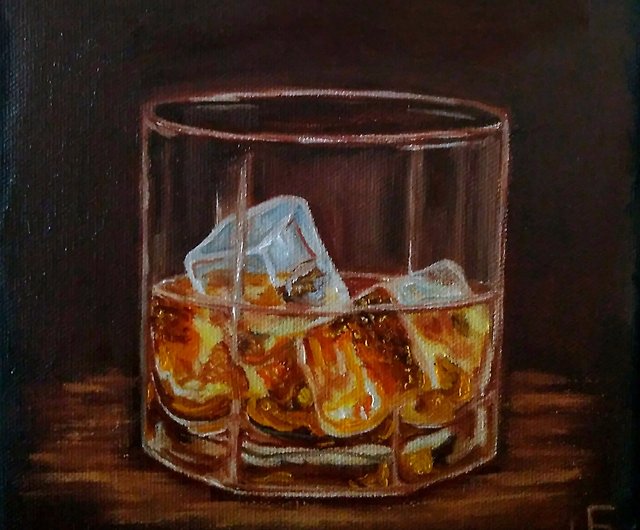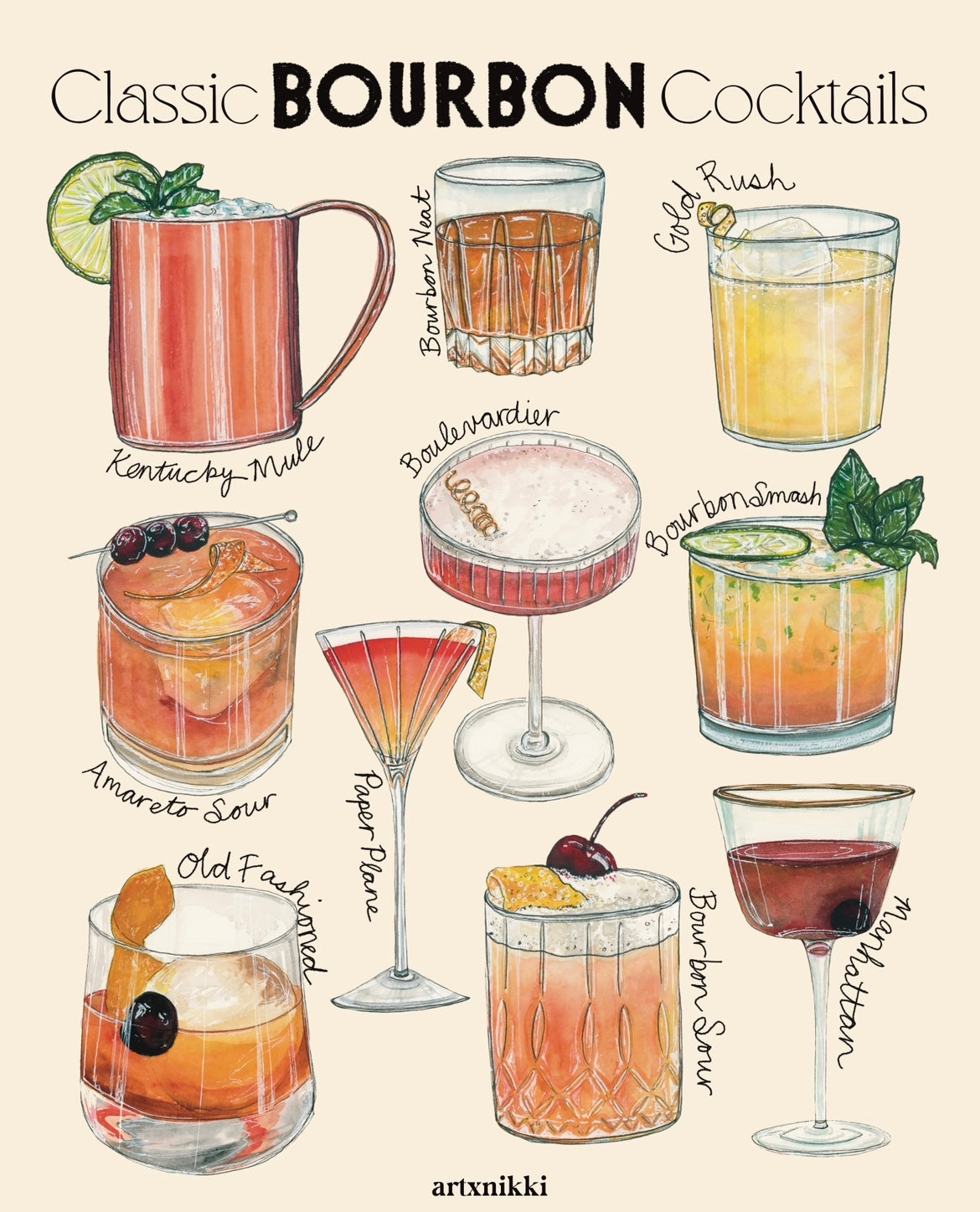Bourbon Art in Contemporary Culture: Where Practice Meets Innovation
Bourbon Art in Contemporary Culture: Where Practice Meets Innovation
Blog Article
Recording the Significance of Whiskey Art Through One-of-a-kind Visual Representations and Designs
The art of scotch prolongs beyond the fluid itself, showing up with a variety of aesthetic depictions that envelop its fabled heritage and workmanship. From the thorough design of tags that convey brand narratives to evocative digital photography that catches the spirit's allure, each creative expression serves to improve the consumer's journey. As the industry embraces contemporary patterns, the discussion surrounding these representations comes to be complicated and progressively rich, meaning much deeper links between culture and creative thinking. What stays to be revealed is exactly how these developing designs show not just the whiskey itself however additionally the altering landscape of artistic analysis.
The History of Scotch Art

As whiskey manufacturing spread, so also did the wish to boost its experience with art. From the elaborate inscriptions on early casks to the sophisticated labels of modern bottles, each element mirrors a special artistic vision, functioning as a visual story of the bourbon's heritage.
In the 19th and 18th centuries, the rise of the industrial change further enhanced whiskey art, leading to ingenious packaging and advertising and marketing that captured consumer attention. Designers and artists started try out aesthetics, imbuing whiskey-related images with symbolic definitions that shared concepts of custom, workmanship, and community.
Today, whiskey art remains to develop, blending typical techniques with contemporary art types. Whiskey Art. This recurring dialogue in between the spirit and its visual depiction emphasizes the long-lasting bond in between scotch and culture, enhancing the general experience for enthusiasts worldwide
Iconic Bottle Layouts
While many variables add to the allure of scotch, iconic bottle styles play a pivotal duty in forming consumer perception and boosting the overall experience. The visual discussion of bourbon containers is not just a visual consideration; it works as a bridge in between the consumer and the product, stimulating emotions and establishing expectations.
Distinctive forms, products, and closures can raise a scotch brand's identity, making it promptly identifiable on jampacked shelves. As an example, the traditional Glenfiddich container, with its classy tapered shape, conveys a sense of practice and workmanship, while the bold, modern design of the Balvenie bottle reflects innovation and elegance. The use of tinted glass or unique textures can suggest the quality and personality of the scotch within.
Famous layouts often integrate aspects of social heritage, signifying the brand's history and connection to its origins. Brands like Jack Daniel's make use of a straightforward, durable design that reverberates with its American scotch heritage. Ultimately, the influence of bottle style prolongs beyond simple performance; it encapsulates the significance of the brand name, welcoming customers to indulge and discover in the abundant tapestry of scotch society.
Label Artwork and Branding
Bottle layouts typically set the stage of what customers can expect, but tag artwork and branding play a just as significant duty in communicating a whiskey's identification. The tag functions as the first factor of contact in between the consumer and the product, encapsulating the significance of the whiskey within its aesthetic aspects.
Efficient tag artwork combines typography, shade, and imagery to produce a narrative that reverberates with the brand name's heritage and target market. A tag including intricate illustrations and classic fonts might stimulate a sense of custom and craftsmanship, appealing to lovers. In contrast, bold shades and modern-day design elements might draw in a younger market seeking technology and exhilaration.


Digital Photography and Visual Narration
Recording the significance of whiskey through photography and visual narration is an art form that boosts the brand name experience. This medium transcends plain product representation, diving into the intricate stories that border each bottle. By utilizing engaging imagery, digital photographers can evoke look what i found emotions that reverberate with consumers, ultimately forging a deeper link to the whiskey brand name.
Aesthetic storytelling in scotch digital photography frequently utilizes abundant structures, lights, and structure to highlight the one-of-a-kind qualities of the spirit. The interplay of light and shadow can highlight the brownish-yellow colors of scotch, while the option of history aspects-- such as rustic barrels or elegant glasses-- can enhance the brand's heritage or way of life organizations.
Furthermore, catching the ceremonial aspects of scotch usage, from the putting to the tasting, welcomes viewers into a sensory experience, allowing them to think of the flavors and aromas that wait for. Each photo not only showcases the item yet likewise tells a tale of workmanship, custom, and the minutes that whiskey can enhance - Limited Edition. Hence, photography becomes an effective device in articulating the identity of whiskey brand names, placing them within the broader social landscape
Emerging Trends in Bourbon Art
The advancement of bourbon art is progressively formed by contemporary patterns that mirror wider social changes and customer choices. One prominent pattern is the combination of sustainability right into art practices. Musicians are now utilizing recycled products and environmentally friendly procedures to produce whiskey-themed pieces, resonating with eco aware customers. This shift not just highlights the value of sustainability but also enhances the narrative surrounding bourbon production.
Additionally, electronic art has surged in appeal, permitting for cutting-edge representations of scotch. Artists are leveraging technology to craft immersive experiences, such as increased truth installations that engage customers and offer a much deeper understanding of bourbon's social value. This fad additionally encompasses social networks systems, where visually striking web content gathers interest and promotes community among enthusiasts.
Furthermore, cooperations in between scotch brands and original site musicians are ending up being a lot more prevalent. These partnerships produce limited-edition product packaging designs and special artworks that celebrate both the craftsmanship of whiskey and the imagination of musicians. As bourbon art remains to develop, these emerging trends will most certainly shape its future, promoting a vibrant intersection of culture, sustainability, and modern technology within the scotch area.
Final Thought
In verdict, the art of whiskey includes a diverse range of graphes that mirror its rich heritage and workmanship. From iconic bottle layouts and intricate tag artwork to compelling photography, each component adds to a wider story that boosts the consumer's experience. As emerging fads, such as digital art and sustainability, continue to shape this creative landscape, the complex identification of bourbon continues to be an enduring source of social link and exploration.

In conclusion, the art of whiskey incorporates a varied array of aesthetic representations that show its abundant heritage and workmanship.
Report this page